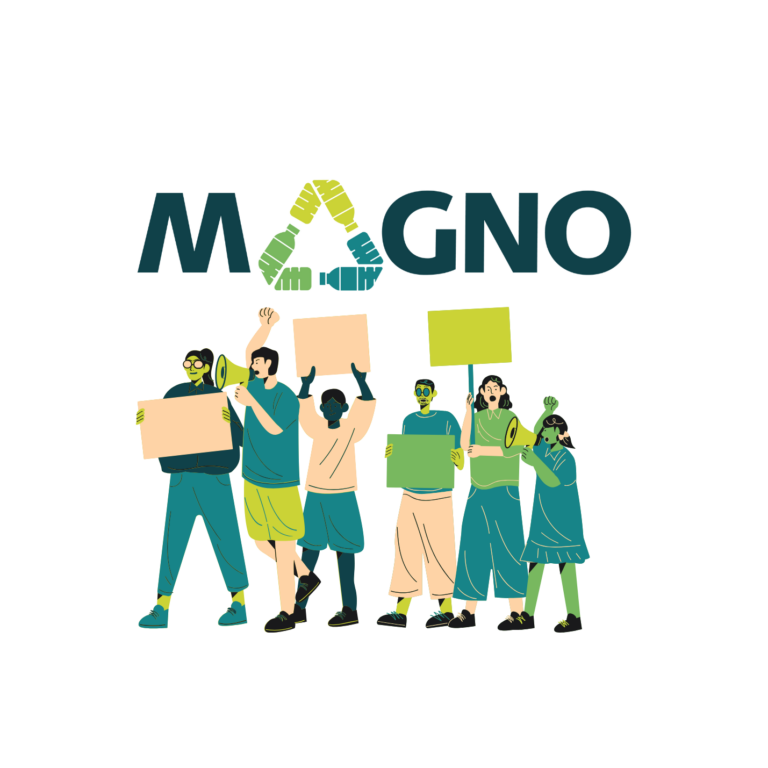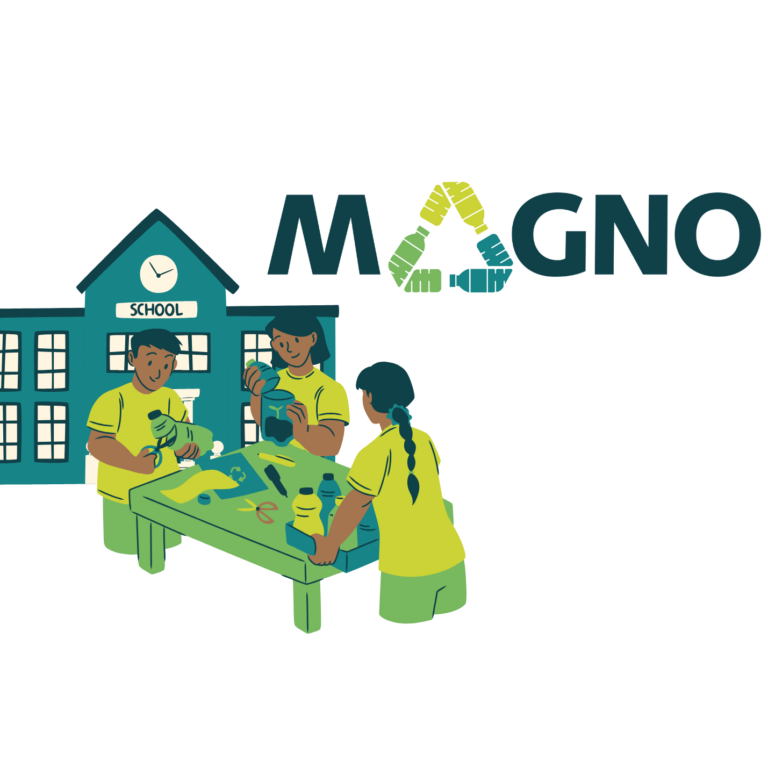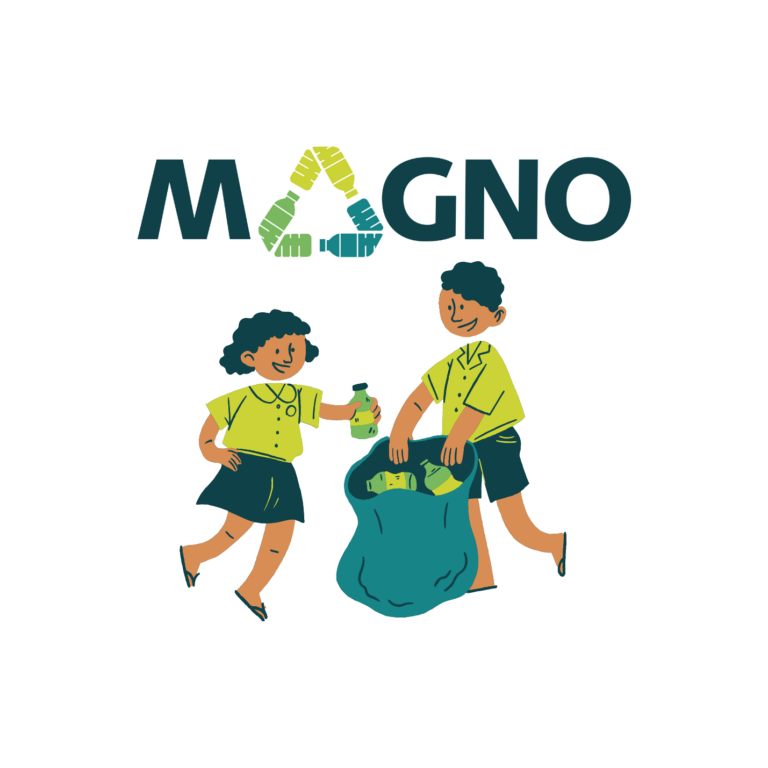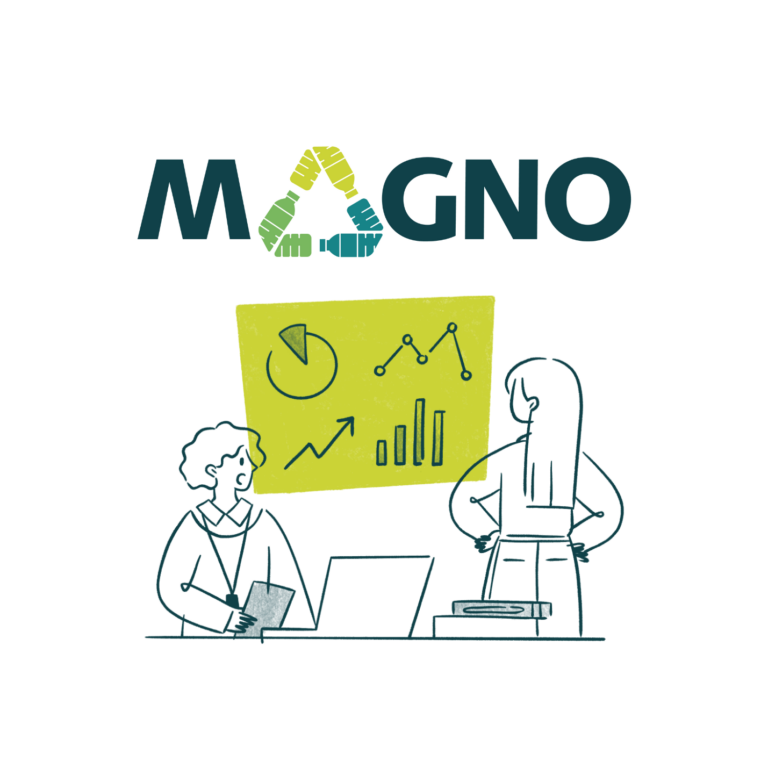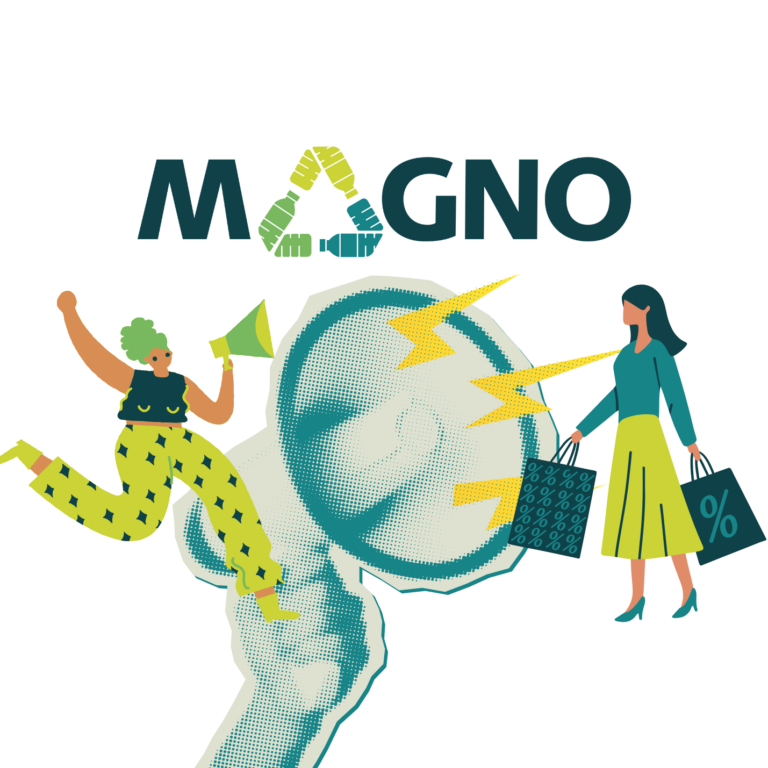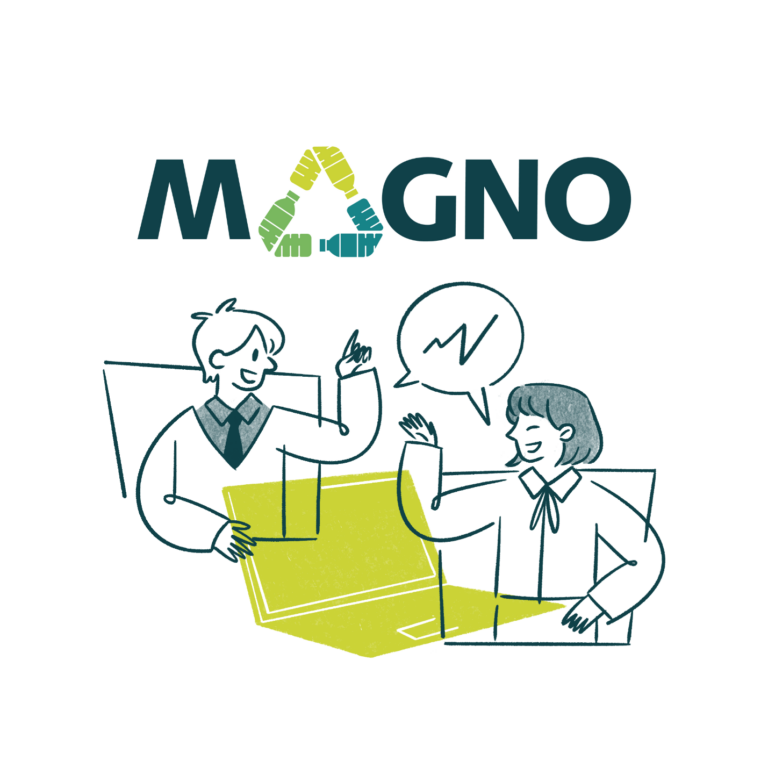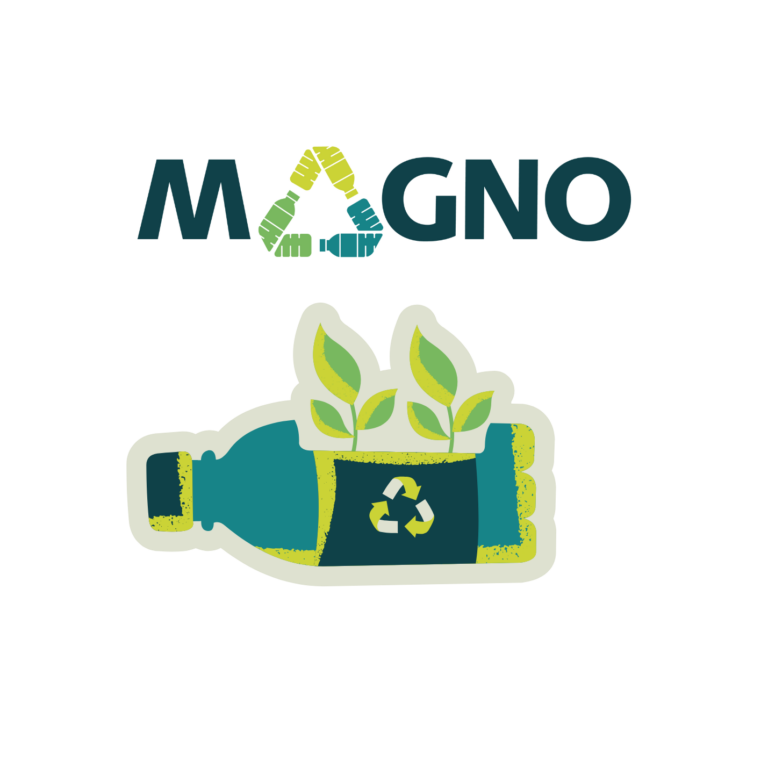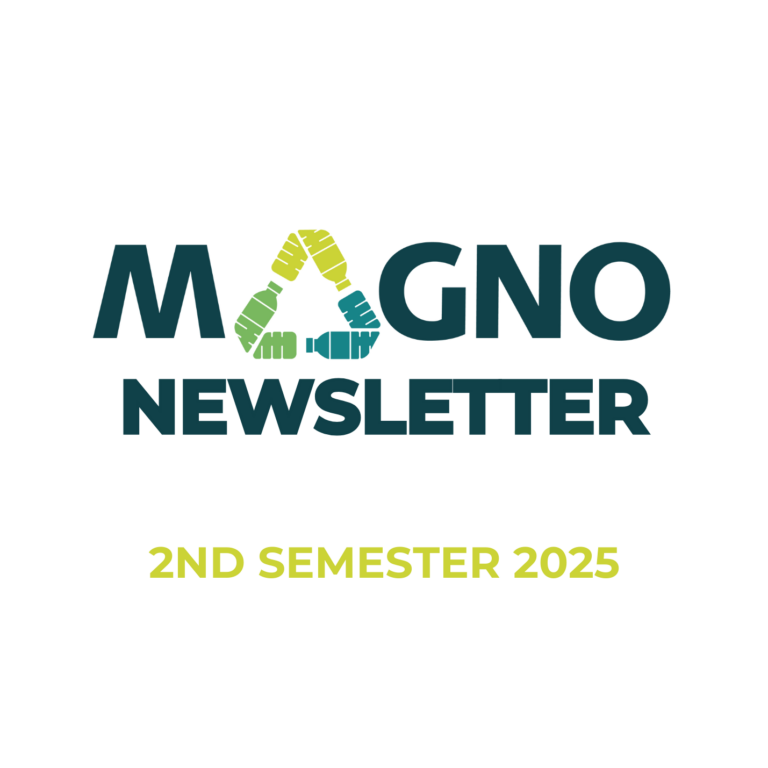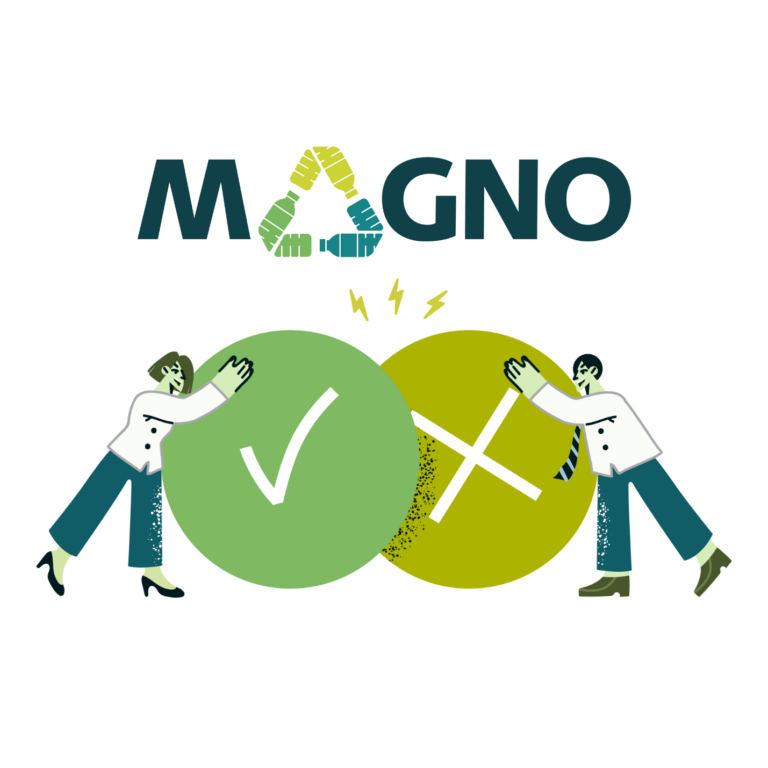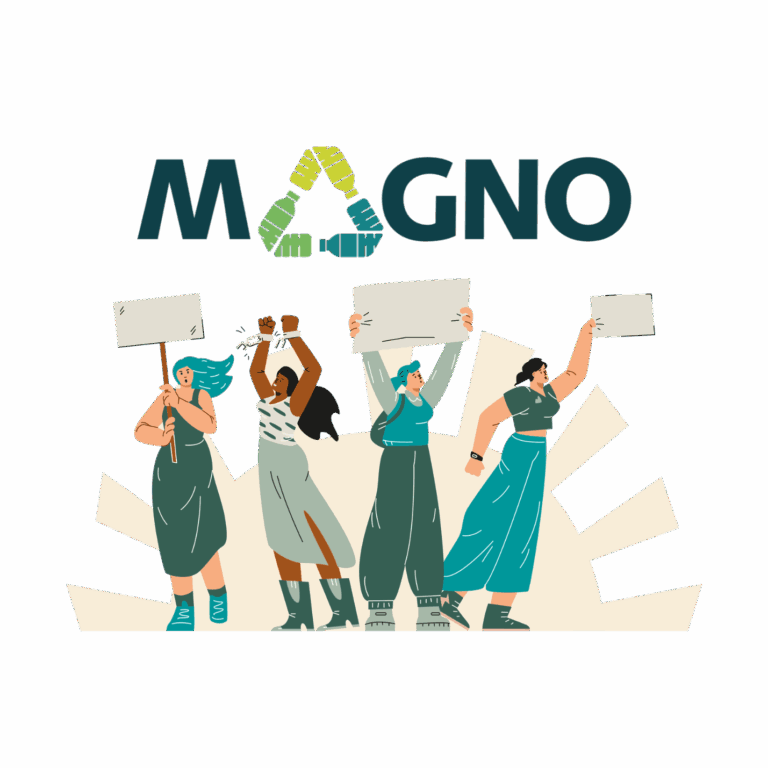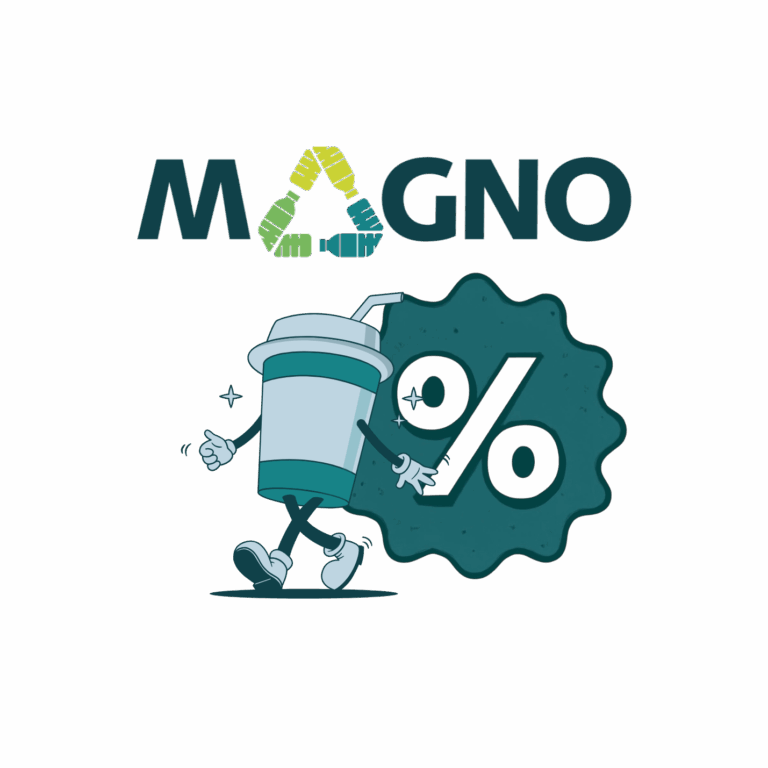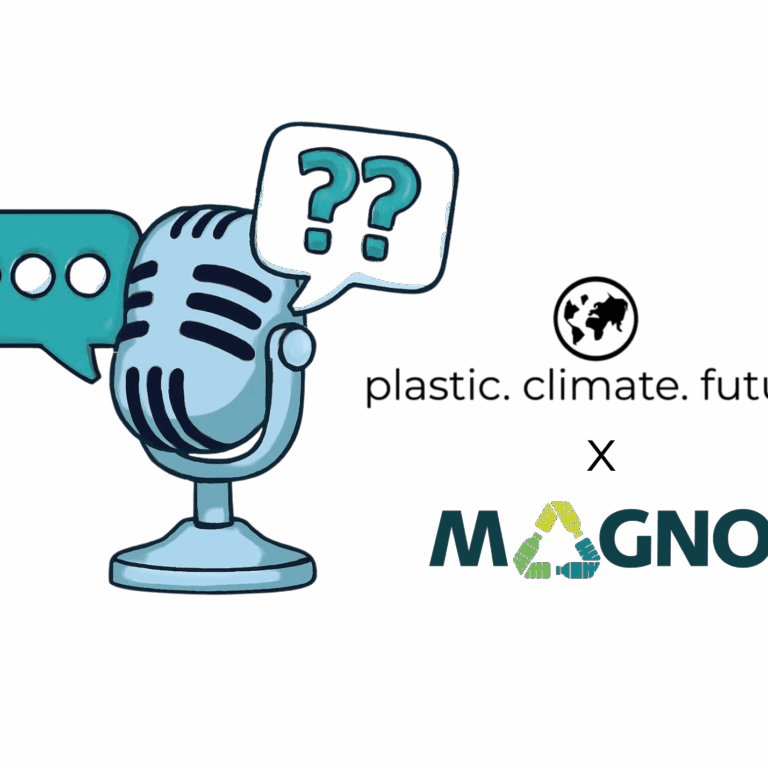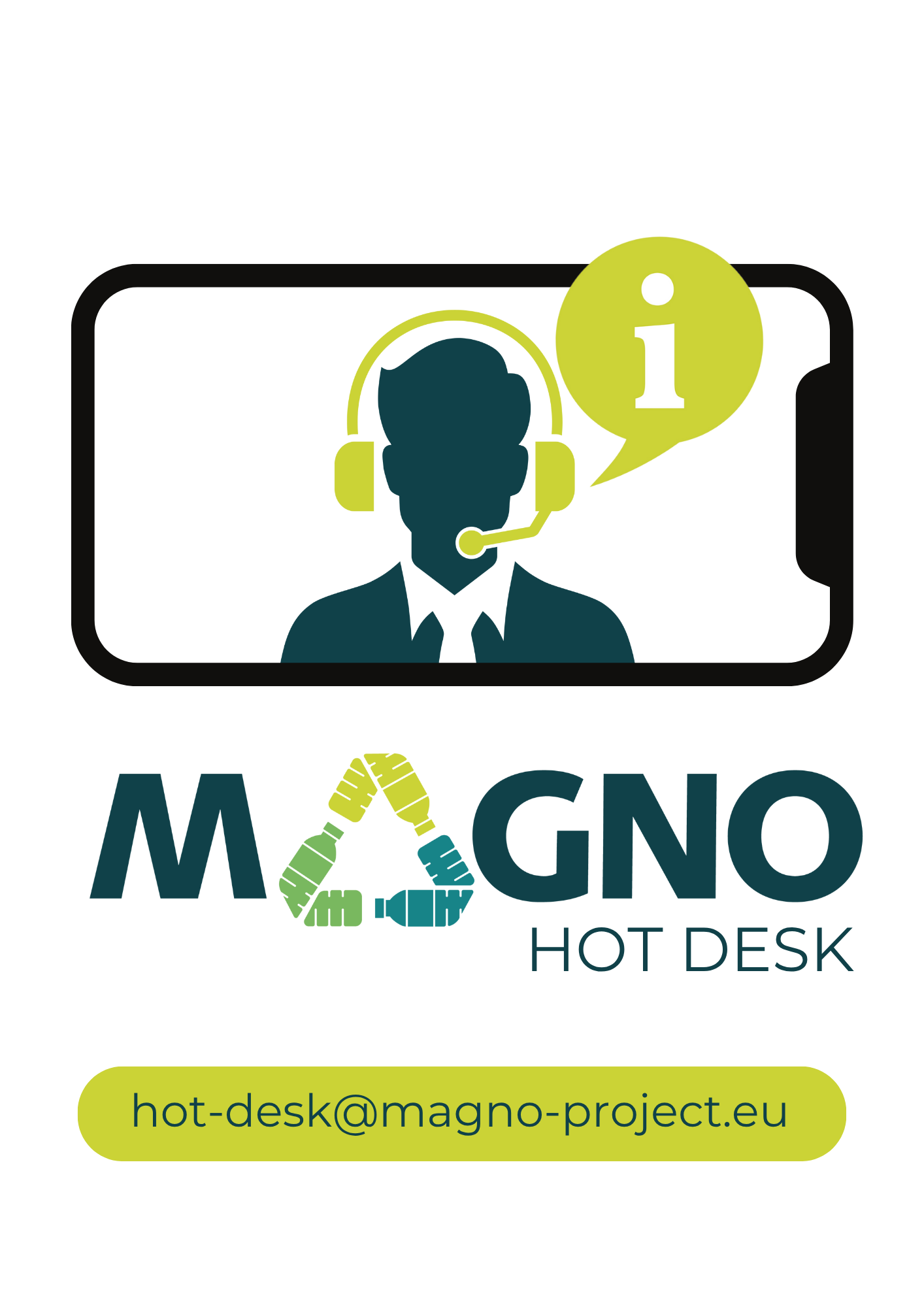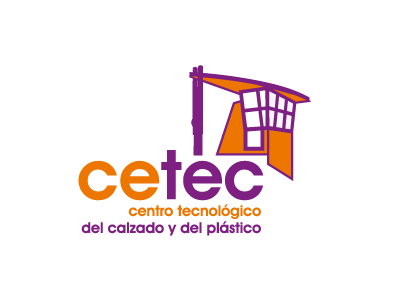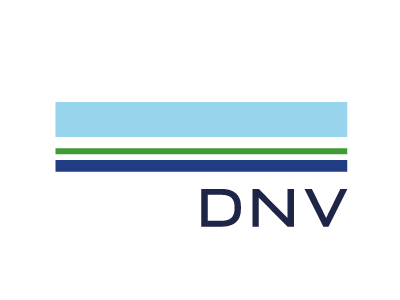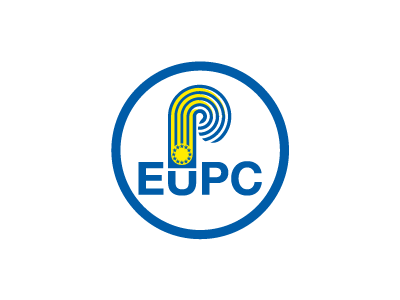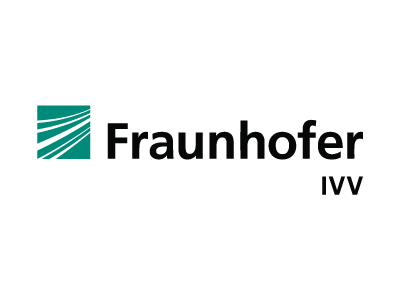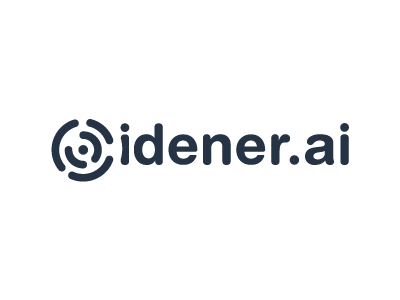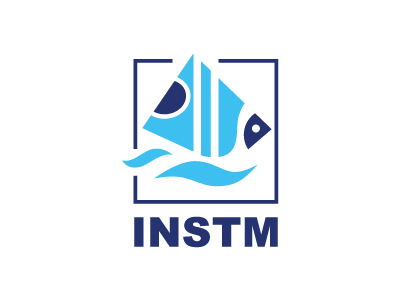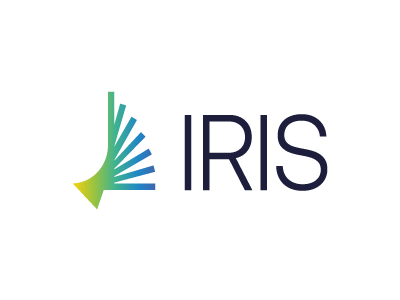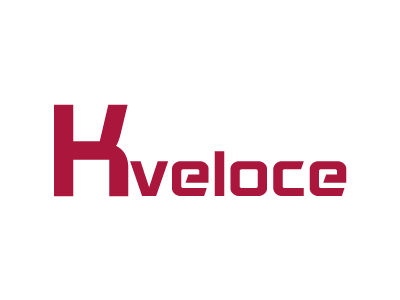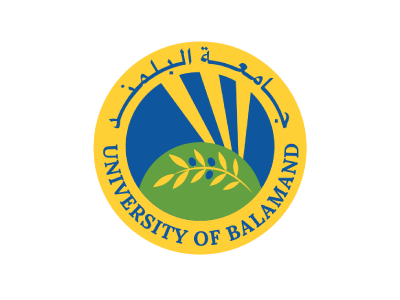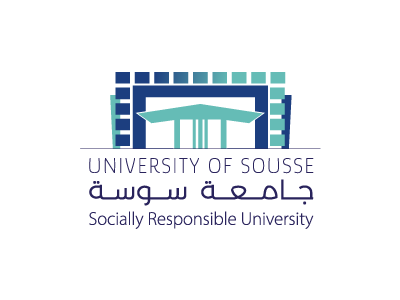MAGNO CONSUMER INSIGHTS: A Story of Inspiration for collective action: From One Strike to Millions
A Story of Inspiration for collective action: From One Strike to Millions When Greta first skipped school to sit outside the Swedish Parliament, few paid attention. But her persistence sparked conversations at dinner tables, classrooms, and city halls. Soon, thousands of students across Europe joined her—then millions around the world. In 2019, the Global Climate Strike became one of the largest coordinated protests in human history. This is the power of collective action: one voice becomes a chorus, and a chorus becomes a force that can’t be ignored. Plastic-free challenges, community campaigns, and citizen-driven projects work the same way. They start small, they grow steadily, and then they shift the conversation entirely. Back to the future, every major…

